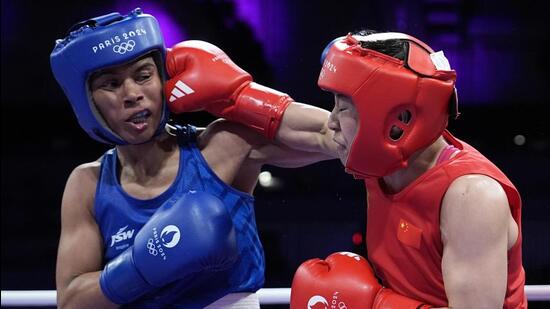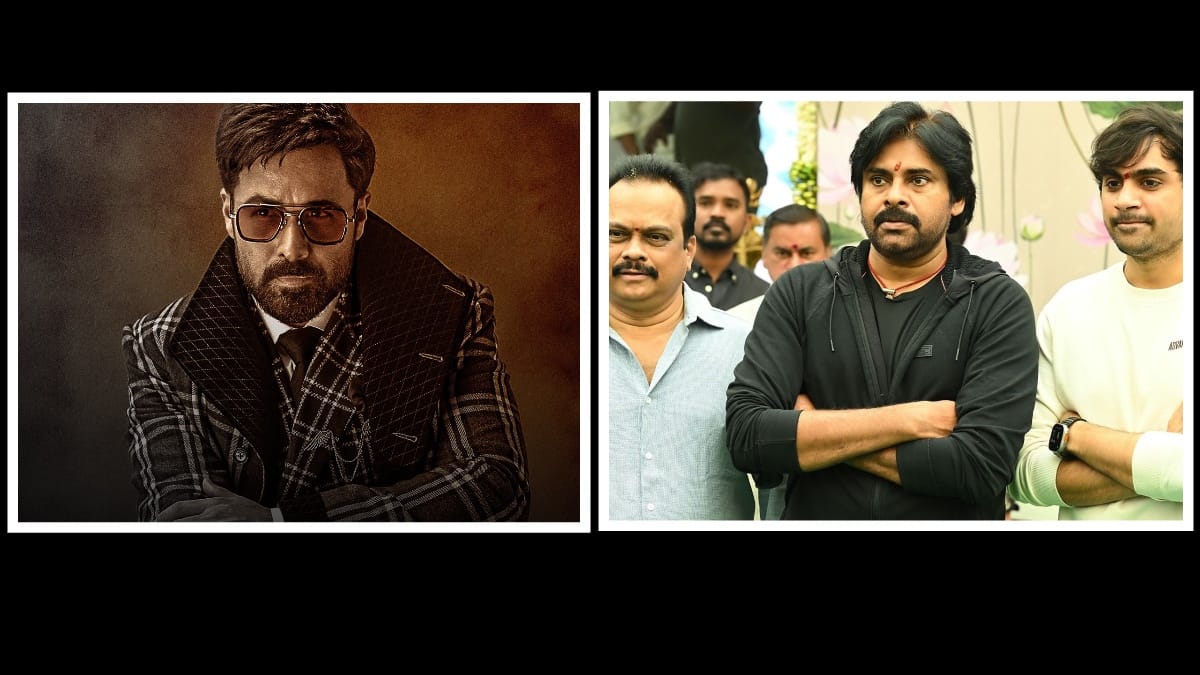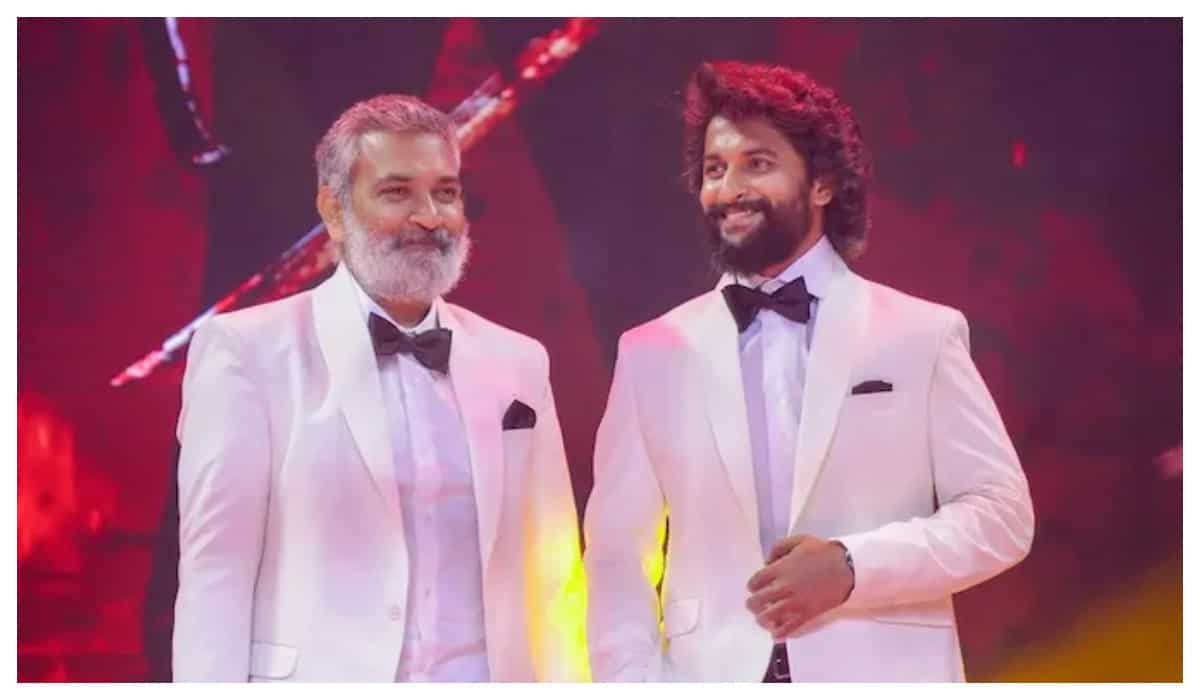
‘I’m really sorry I couldn’t bring a medal home’
8 months ago | 93 Views
Paris: The moment the Chinese arm was raised, Nikhat Zareen nodded her head. She then gave a quick clap, almost to say, “well played”. As she waited by the athletes’ exit zone, she stood inscrutable, looking straight up and ahead and staring away at nothing.
Was Nikhat shattered? You couldn’t really tell after a unanimous 5-0 defeat to Wu Yu.
She did break down completely less than half hour later, covering her bawling face with both her palms. “I’m really sorry I couldn’t bring a medal home for India,” she uttered. That final statement though came after she had spent a good part of 12 minutes explaining why the two-time world champion wouldn’t rank this defeat among the disappointments of her career after having given it her all.
Perhaps Nikhat, one of India’s big hopes for going deep at the Paris Olympics, really didn’t know how to feel about returning with a solitary win to show. She said she was dejected about losing, but not so much to the top seed in this division.
She called landing a tough draw unfortunate, but added she wasn’t expecting an easy one either. She thought she could’ve shown more energy in the final round, yet didn’t want to “unnecessarily” waste it with the Chinese defending smartly.
In this whirl of emotional uncertainty lay one definite fact: Nikhat was largely outclassed in the women’s 50kg Round of 16 bout between the top seed and the unseeded Indian at the mercy of the luck of the draw, which brought her into the ring with Wu in the second round.
The Asian Games bronze medallist, having moved down to the Olympic light flyweight division, had never faced the Chinese before. And the Hangzhou gold medallist did not give any time for Nikhat to get a feel either.
Wu came out swinging and punching, landing a few blows unlike Nikhat’s that largely met the air in a 4-1 first round verdict. Nikhat’s punches had a bit more purpose and direction in the second round but, relying more on hooks than jabs, it wasn’t quite as clinical to swing things in her favour. A split second round meant Nikhat needed a drastic turnaround to make a case. Instead, the Chinese dodged and ducked most of the Indian’s desperate attacks to cling on. Soon, Nikhat slipped out of the Olympics.
“When I was attacking, she moved quickly and stepped away. She was faster than me,” Nikhat said. “I couldn’t take the lead in the first round since I hadn’t faced her, so I didn’t have an idea how to play. In the third round, she changed her strategy which proved costly.”
A costly miss this was indeed for the boxer who had waited patiently for this opportunity while building her career in the shadow of Mary Kom. It came after much wait, and behind many expectations of a medal from the two-time world champion boxer who’d made winning them a bit of a bit habit lately.
The draw was stiff, needing Nikhat to be switched on from the first second at the North Paris Arena. After a scrappy opening win, Nikhat couldn’t sleep at all a night before her second.
“For two days, I haven’t eaten or drank anything. My first bout also was tough because I had lost weight coming into it,” she said.
“Unfortunately I landed a tough draw. I wasn’t even expecting an easy one because I’ve got a tough draw in every competition. My journey has never been easy, and it will remain tough going forward.”
She’s used to being tough. To the telling demands that came with her pursuit of an Olympic medal. To the tall aspirations of those back home from her. Nikhat herself expects a medal from every competition she turns up for. For which she fell well short at the Paris Games.
“I wouldn’t put this among my disappointments,” she said. “Because I worked extremely hard. I wouldn’t blame it on my performance. I’ve put in all the effort that I could. I will take this as a lesson and will return stronger.”
She promised to start afresh. A clean slate erasing the memories of her first Olympics. Before that, a break beckons. Some much-longed family time and an experimental solo trip.
“I’ll go on a solo vacation somewhere,” she said. “It’s much, much needed.”
Perhaps there she can make sense of it all.
Read Also: Kusale’s end-game polish carries him to 50m 3P bronze
#




















